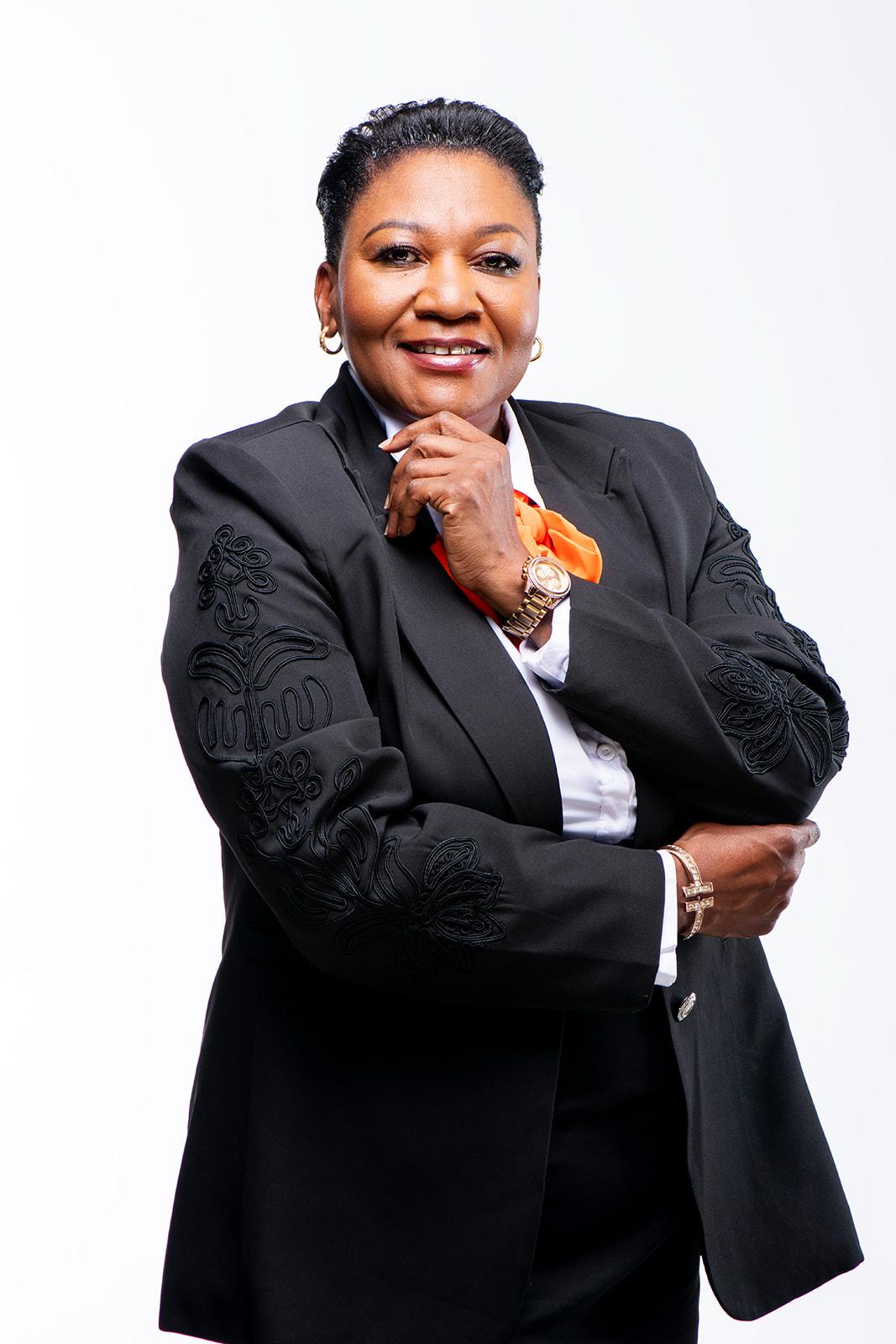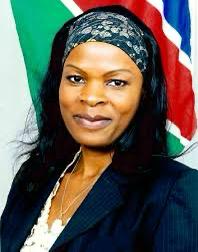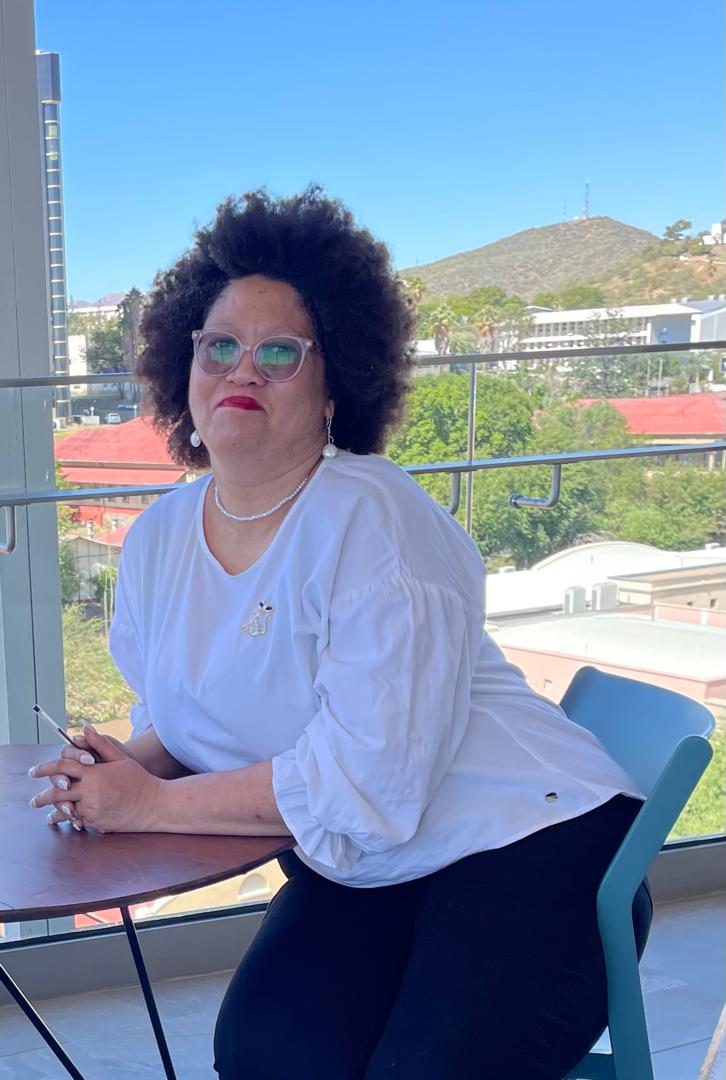A former apartheid security police officer and now a lawmaker for the Popular Democratic Movement (previously the DTA) has reminded Namibians how brutal the colonial regime was in suppressing the freedom of expression through demonstrations and public meetings.
Nico Smit’s warning against a proposed law now in the National Assembly should not be taken lightly.
The public gatherings and processions bill has far-reaching consequences for the basic freedom of expression.
It is worse than a similar apartheid law, argues Smit.
It’s difficult to differ with that conclusion. The bill states that anyone organising a public gathering or procession must give five days’ notice and get approval from the police inspector general.
A public gathering is defined as “a meeting or assembly in a public place”, which is to “hold a public demonstration in support of or opposition to the views, principles, policies, actions or failure to act of any person or government; publicise a cause or campaign; to hand over a petition”.
Requiring permission from the police chief, who is appointed by the president, to advance political causes is nothing short of an attempt by the government to decide who can hold demonstrations and public meetings.
Clearly the government wants to regulate Namibia’s democracy, something Swapo fought vehemently against when it was imposed by the apartheid regime.
The proposed law does not even pretend to hide that ruling politicians want to keep dissenting views at bay by designating “restricted areas” – primarily places where elected leaders and the bureaucracy operate.
Among them the parliament, presidential offices and the courts.
What are the ruling politicians afraid of by wanting to regulate people expressing their views and holding elected officials accountable?
“Ask me,” said Smit.
“I was part of the previous dispensation, and we made such laws to prevent Swapo [from getting its message to the masses]. We took the organisers out of circulation.
“I know this type of law and how you can misuse it. This bill is more draconian than what we had under the apartheid system,” he told Desert Radio this week.
Namibians, beware.
Let us not forget that 35 years ago citizens could neither criticise politicians, nor move freely in their own country.
We cannot afford to return to those dark, autocratic days.
Stay informed with The Namibian – your source for credible journalism. Get in-depth reporting and opinions for
only N$85 a month. Invest in journalism, invest in democracy –
Subscribe Now!










